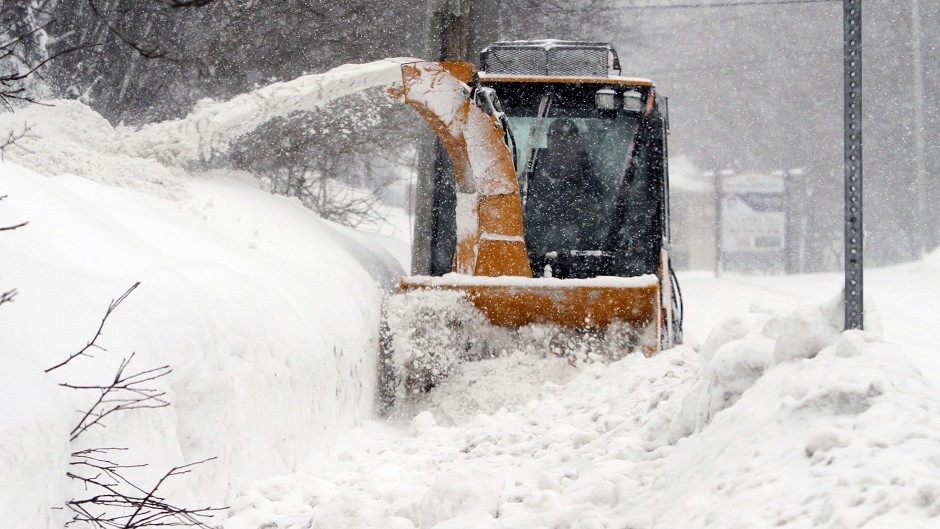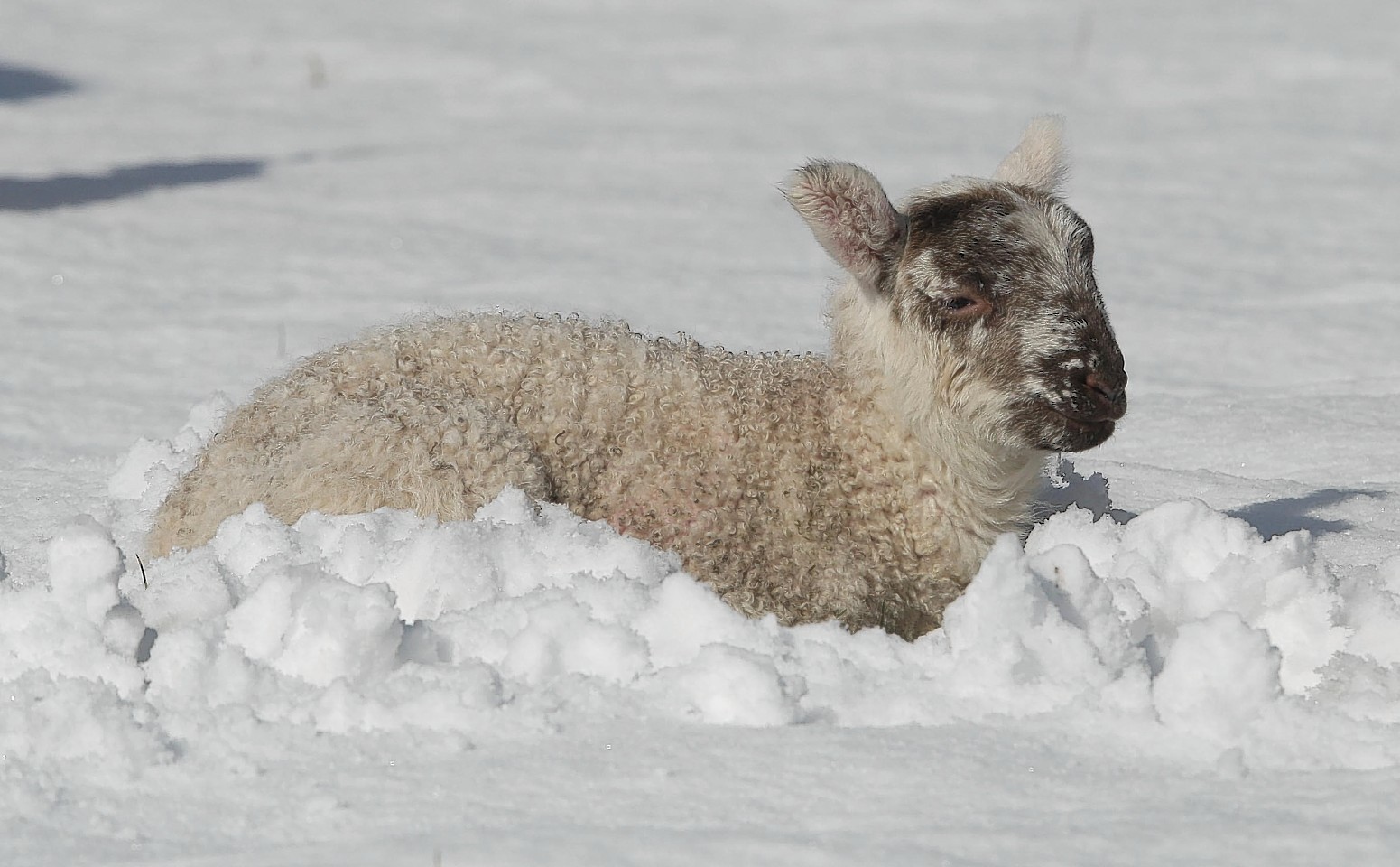Spring is coming to an end and summer is just around the corner, however, Met Office experts are already predicting that we could be in for a brutal winter at the end of the year.
A weather event is heading our way which forecasters warn could mean Britain is in for an unusually dry, cold and snowy winter.
An ‘El Nino’ is brewing in the Pacific that could have a major impact on global agriculture and may bring bitter winter conditions to the UK.
Forecasters at the Met Office say there is a 70% chance of a “moderate” El Nino event towards the end of this year that is likely to lead to European droughts and crop failures.
Professor Adam Scarfe, from the Met Office Hadley Centre, said: “It could be big, it’s possible. We’re getting a pretty strong signal.”
El Nino events occur on average every three to four years and are marked by a build up of warm water in the eastern Pacific off the coast of Ecuador.
They can have a major impact on weather systems and climate, reducing monsoon rainfall in many parts of the tropics, triggering droughts in India and Africa, and disrupting food production.
El Ninos do not tend to have a direct effect on the weather of northern Europe. But large events such as those that occurred in 1997/98 and 2009/2010 can set off an atmospheric chain reaction that weakens the jet stream, a ribbon of strong high wind known to have a big influence on our weather. This can lead to bitter British winters that are dry but produce large amounts of snow.
Last year some forecasters predicted an El Nino but the expected event never occurred.
This year experts around the world are far more certain that an El Nino event has already started and is likely to grow.
Professor Eric Guilyardi, from the National Centre for Atmospheric Science at the University of Reading, said: “Forecasters around the world agree that El Nino is occurring and will continue for the next few months.
“It is still possible that the event will die away, as it did last year, although the situation has already moved further on this year as the atmosphere has begun to react to the warmer waters.
“What is unusual this year is just how early it has begun. Sea surface temperatures are already 1.5C higher than expected in some parts along the equator – a level which has not been seen this early in any El Nino since 1987.”
Prof Scarfe added: “I think there is very good agreement across the different centres that this is coming. It’s likely there will be at least a moderate El Nino this year.”
Even if the predicted El Nino has no influence on the UK weather, its economic effect could be significant, say the experts.
Dr Nick Klingaman, also from the University of Reading, said: “People around the world, including in Britain, may see the impact of El Nino in other ways. A strong El Nino is likely to substantially disrupt global food markets, increasing prices for staple foods and threatening lives and livelihoods in tropical countries.”

